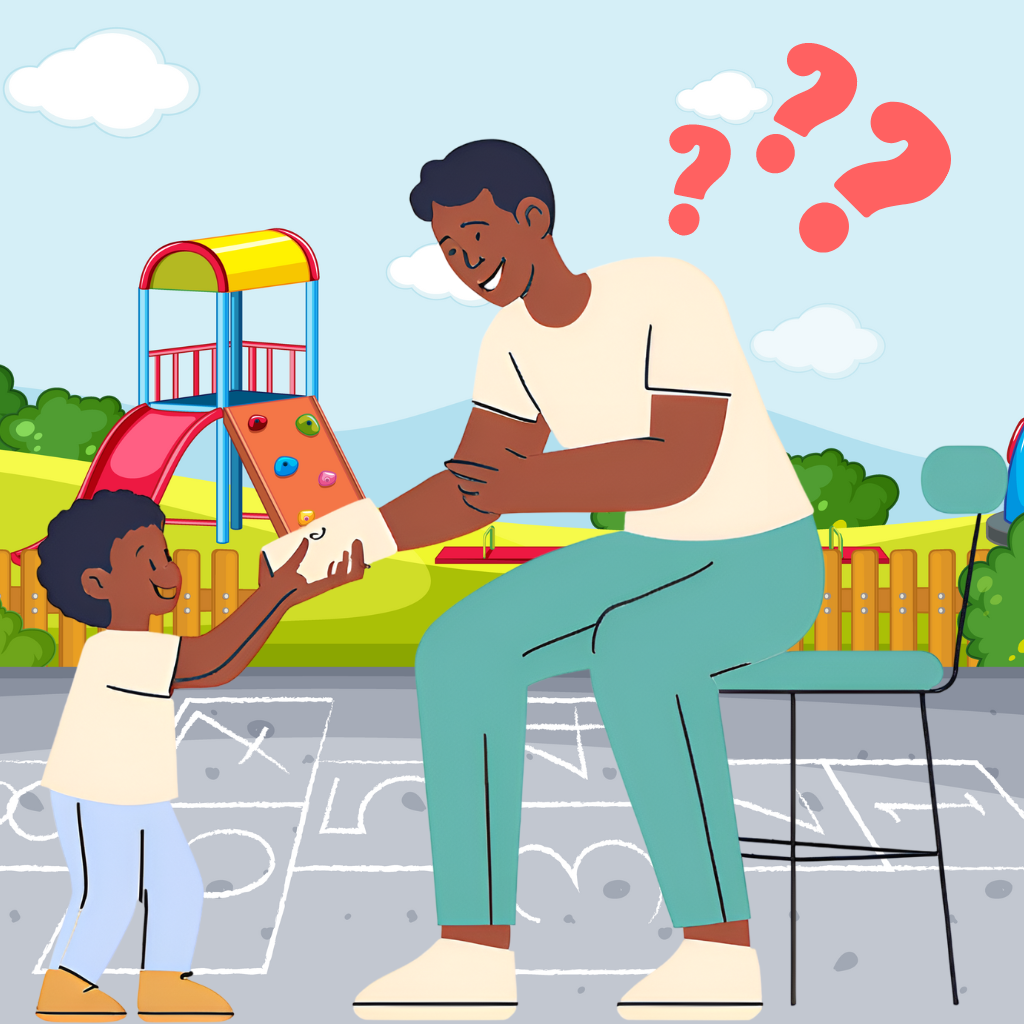The primary purpose of a life insurance policy is to cover expenses if the family breadwinner passes. Children are not typically responsible for the family’s financial well-being; so, in most cases, purchasing life insurance for your child is not recommended.
To learn more about the reasons and alternatives to buy insurance for a child, contact a licensed agent at YourPolicy.
Life Insurance for your Child: How Does it Work?
Life insurance works for children much as it does for adults. The policyholder pays premiums and the policy pays out to a beneficiary, in this case, a parent or guardian.
Unlike adults, however, children have limited options. Adults can choose between term and whole-life coverage, but only whole-life insurance can be purchased for children. Keep in mind that term coverage is primarily used to replace income in the event of death.
That being said, there are reasons to consider buying your child a life insurance policy.
A family history of medical conditions that develop early in life or a child with disabilities: In this case, future insurability is a critical consideration. A children’s whole life policy will provide coverage for a lifetime as long as premiums are paid. Once your child reaches a certain age, he or she may buy additional coverage regardless of current health or occupation.
Lock in lower premiums: The younger a person is when purchasing life insurance, the less expensive the premiums. Insurance companies lock in low rates for policyholders at the time of coverage. These rates will not increase over time.
Saving for the future: The cash value of whole-life policies grows over time, usually at a fixed rate. These policies can be borrowed against or paid out if the policy is surrendered. Buying a life insurance policy to save for the future isn’t always ideal. Talk to a licensed financial planner before buying a policy as a savings plan.
Child Life Insurance vs. Child Rider
If you feel it necessary to insure your child’s life, adding a child rider to your own term policy is simpler and less expensive. Child riders are optional add-ons to your own policy that pays out a small benefit if the unimaginable happens. Coverage is connected to the parent’s or guardian’s policy.
Benefits of a Child Rider
- Straightforward coverage without the complex investing component that other child policies have
- Can be converted to a permanent policy in the future
- More affordable than a full child life insurance policy
Alternatives to Child Life Insurance as a Future Savings Plan
If saving for your child’s future is your primary reason for purchasing a child life insurance policy, there are better alternatives. Traditional savings options like 529 education plans, stocks, bonds, or custodial accounts can be funded with the money you would have contributed toward life insurance.
Alternative Savings Plans
- 529 savings plans: These are tax-advantaged accounts sponsored by the government. There are two types of accounts: prepaid tuition plans and education savings plans. Both are exclusively for education savings and qualified withdrawals are tax-free.
- Custodial account: This account is held in the child’s name. A Uniform Transfers to Minors Act (UTMA) or a Universal Gifts to Minors Act (UGMA) can be used to save for a child. These accounts can be transferred to a child at 18 or 21.
- IRA: If the child earns money, you can manage an IRA savings account for them. Parents or guardians can match earnings to jump-start retirement savings.
Pros and Cons of Child Life Insurance
To help you make a final decision, here are some pros and cons of buying child life insurance.
Pros
- Guarantees insurability: Your child will have coverage even if he or she develops a serious health condition later. It also ensures that your child will have coverage even if they take up a risky hobby like skydiving or scuba diving.
- Locks in a low rate: You’ll never get a lower rate than when a child is a newborn, and the amount paid over time can continue to be lower because of the unusually low rates at birth. Using the rate example provided by Hoang, the $44.46 monthly premium for $100,000 of coverage at age 0 will add up to $20,000 less over 65 years than the $126.76 monthly premium for a 30-year-old paid over 35 years.
- Has Cash Value: Because it’s a whole life policy for a child, there is more time for cash value to accumulate. The cash value can be accessed for any reason. Withdrawing cash, however, could trigger a tax bill.
Cons
Offers a low rate of return: Even though whole-life policies build cash value, they do so at a low rate of return. Life insurance for a child will take about 15 years to build cash value equal to premiums paid. A 529 college plan with a 7% return (average stock market return) would double in 10 years.
It’s a long-term commitment: When you purchase a whole-life policy for a child, you’ll be paying premiums for decades. That could be a problem if cash flow becomes tight. This will not be a worthwhile investment if you have to cancel.
Coverage limits tend to be low: Some insurers will limit coverage for children’s policies to $50,000 – $75,000. That won’t be sufficient when the child is an adult and has a family to worry about. They’ll likely need to buy extra coverage, depending on their situation..
It’s a financial tradeoff: Keep in mind that when you buy life insurance for a child, you’re giving up money that could be better spent elsewhere to support the well-being of your child.
Final Thoughts
In most cases, buying life insurance for a child is a complex decision, and not to be taken lightly. Talk to your insurance agent and a licensed financial advisor and use what you learn to make an informed decision.







